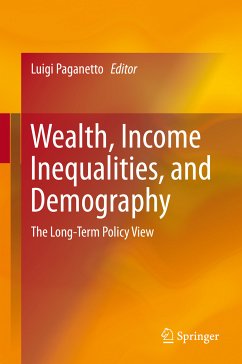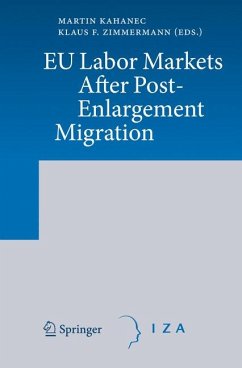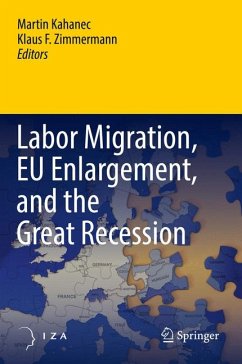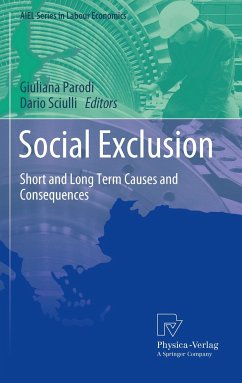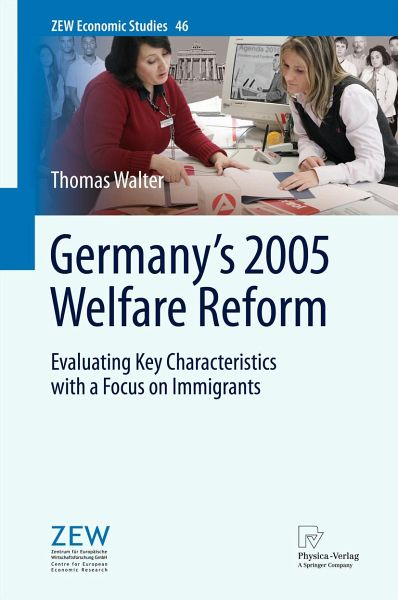
Germany's 2005 Welfare Reform (eBook, PDF)
Evaluating Key Characteristics with a Focus on Immigrants
Versandkostenfrei!
Sofort per Download lieferbar
72,95 €
inkl. MwSt.
Weitere Ausgaben:

PAYBACK Punkte
36 °P sammeln!
In January 2005, the German government enacted a substantial reform of the welfare system, the so-called "Hartz IV reform". This book evaluates key characteristics of the reform from a microeconometric perspective. It investigates whether a centralized or decentralized organization of welfare administration is more successful to integrate welfare recipients into employment. Moreover, it analyzes the employment effects of an intensified use of benefit sanctions and evaluates the effectiveness and efficiency of the most frequently assigned Active Labor Market Programs. The analyses have a focus ...
In January 2005, the German government enacted a substantial reform of the welfare system, the so-called "Hartz IV reform". This book evaluates key characteristics of the reform from a microeconometric perspective. It investigates whether a centralized or decentralized organization of welfare administration is more successful to integrate welfare recipients into employment. Moreover, it analyzes the employment effects of an intensified use of benefit sanctions and evaluates the effectiveness and efficiency of the most frequently assigned Active Labor Market Programs. The analyses have a focus on immigrants, who are highly over-represented in the German welfare system.¿
Dieser Download kann aus rechtlichen Gründen nur mit Rechnungsadresse in A, B, BG, CY, CZ, D, DK, EW, E, FIN, F, GR, HR, H, IRL, I, LT, L, LR, M, NL, PL, P, R, S, SLO, SK ausgeliefert werden.




